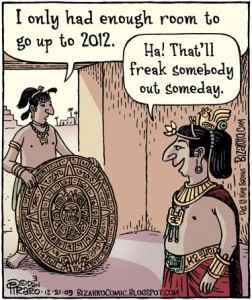When the adoption system in Guatemala closed in December 2007, no exit strategy was in place. Now, we witness the aftermath. Families in the US wait for children they feel are theirs, who have lingered in orphanages or foster care for the past five years.
On Sunday, December 9, the New York Times published a front-page article by Rachel L. Swarns, about a Reno, Nevada couple, Amy and Robb Carr, and their struggle to adopt their hoped-for son, Geovany. A Family, for a Few Days a Year recounts the Carr’s commitment to Geovany as they navigate their way through the labyrinth that is the Guatemala adoption system.
Maybe now that the New York Times has published a story about the five-year process endured by the Carrs and other waiting families known as the Guatemala 900—on the front page, above the fold, with a big four-color photo—change or movement will occur and the cases stuck in limbo finally will be resolved. Please, let it be so.
GUATEMALA CITY — The little boy flies like an airplane through the hotel, his arms outstretched. Then he leaps like a superhero, beaming as the red lights on his new sneakers flash and flicker, while the American couple he is with dissolve in laughter.
He calls them Mamá and Papi. They call him Hijo — Son. He corrects their fledgling Spanish. They teach him English. “Awe-some,” he repeats carefully, eyeing his new shoes.
To outsiders, they look like a family. But Geovany Archilla Rodas, an impish 6-year-old boy with spiky black hair, lives in an orphanage on the outskirts of this capital city. The Americans — Amy and Rob Carr of Reno, Nev. — live a world away. They are the only parents he has ever known.
They have been visiting him every year, usually twice a year, since he was a toddler, flying into this Central American city for a few days at a time to buy him clothes and to read him stories, to wipe his tears and to tickle him until he collapses in giggles at their hotel or in the orphanage.
Yet half a decade after agreeing to adopt him, the Carrs still have no idea when — or if — they will ever take Geovany home.
“There’s this hope in you that doesn’t want to die,” said Mrs. Carr, who arrived here last month with her husband, more determined than ever to cut through the bureaucracy. “In my heart, he’s my son.”
The Carrs are among the 4,000 Americans who found themselves stuck in limbo when Guatemala shut down its international adoption program in January 2008 amid mounting evidence of corruption and child trafficking. Officials here and in Washington promised at the time to process the remaining cases expeditiously.


 ShareThis
ShareThis




 ShareThis
ShareThis



